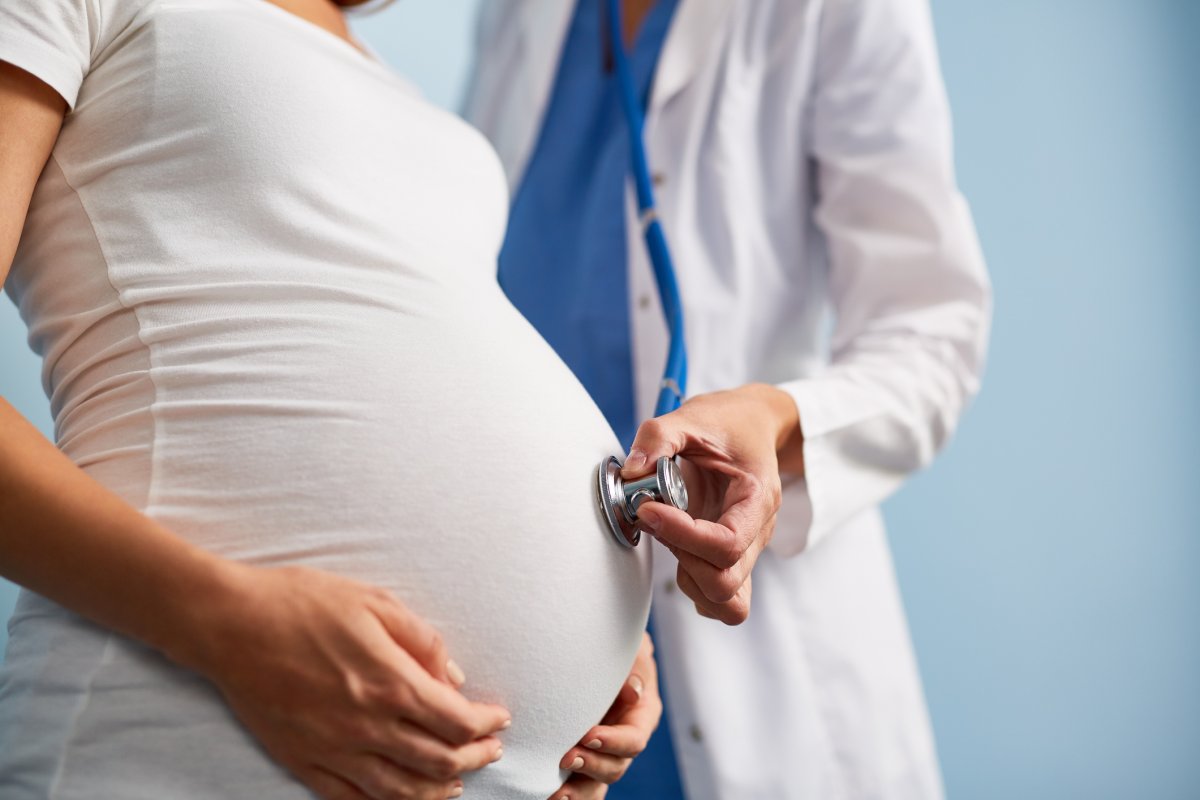The old adage that “having kids makes you age faster” is backed up by science, at least for women.
Throughout the animal kingdom, reproduction usually comes at the cost of life expectancy. Animals that produce large numbers of offspring early in life tend to have short lives, while those that produce fewer offspring live longer.
This pattern also exists within our own species, with numerous studies suggesting that having many children comes at the expense of our own life and health in later life. However, whether high fertility affects health in our earlier adult life is less established.
In a new study published in Proceedings of the National Academy of Sciences, researchers from Columbia University examined the relationship between reproductive history and aging in a sample of 1,735 young men and women from the Philippines as part of the Cebu Longitudinal Study of Health and Nutrition. The participants were between the ages of 20 and 22.

Shironosov/Getty
Specifically, researchers are interested in biological aging, which describes the gradual decline in the efficiency and functionality of our body’s cells. To date, there is no single gold standard for quantifying this biological aging, but one method that has shown promise involves observing molecular labels on the surface of our DNA. These tags, known as our epigenetic clocks, can be probed to examine various aspects of our health, cellular age, and mortality risk, among other things.
“Epigenetic clocks have revolutionized the way we study biological aging across the lifespan and open up new opportunities to study how and when long-term health costs are imposed on reproduction and other life events,” Kaylan Ryan, an associate scientist at the Columbia Aging Center, said in a statement. .
In light of this, the team used different epigenetic clock markers to determine the approximate biological age of the participants to see if this correlated with the number of babies they had. They saw that women who had children showed more age-related DNA markers, and these increased in line with the number of times each woman had been pregnant.
“Our findings show that pregnancy accelerates biological aging and that these effects are evident in young women of high fertility,” Ryan said. “Our results are also the first to follow the same women over time, linking changes in each woman’s number of pregnancies to changes in her biological age.”
These changes in biological age were not observed among young men, suggesting that pregnancy itself, rather than fertility or sexual activity, was the driving force behind this biological aging. “Our findings highlight the potential long-term effects of pregnancy on women’s health and the importance of caring for new parents, especially young mothers,” said Ryan.
But if you’re a recent mom, don’t despair because another recently published study in the journal Cellular metabolismsuggests that this biological aging is reversible after the initial stress of pregnancy and childbirth.
More research needs to be done to disentangle these mechanisms, but both studies suggest that more work is needed to understand the health demands of women in the weeks, months and years after pregnancy.
“We still have a lot to learn about the role of pregnancy and other aspects of reproduction in the aging process,” Ryan said. “We also do not know to what extent accelerated epigenetic aging in these particular individuals will manifest as ill health or mortality decades later in life.”
Is there a health problem that worries you? Let us know via [email protected]. We can ask for expert advice and your story can be featured Newsweek.
Unusual knowledge
Newsweek is committed to challenging conventional wisdom and finding connections in the search for common ground.
Newsweek is committed to challenging conventional wisdom and finding connections in the search for common ground.

